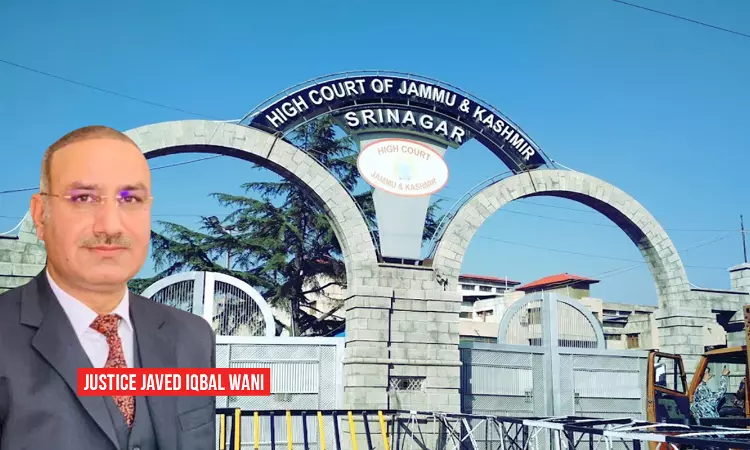Upholding the principle of respondeat superior, the Jammu and Kashmir and Ladakh High Court has awarded ₹11.63 lakh as compensation to the family of an electrician who lost his life due to electrocution while conducting repairs on an 11 KV power line.In allowing a compensation petition of the family of the deceased electrician Justice Javed Iqbal Wani observed, “.. the petition succeeds...

